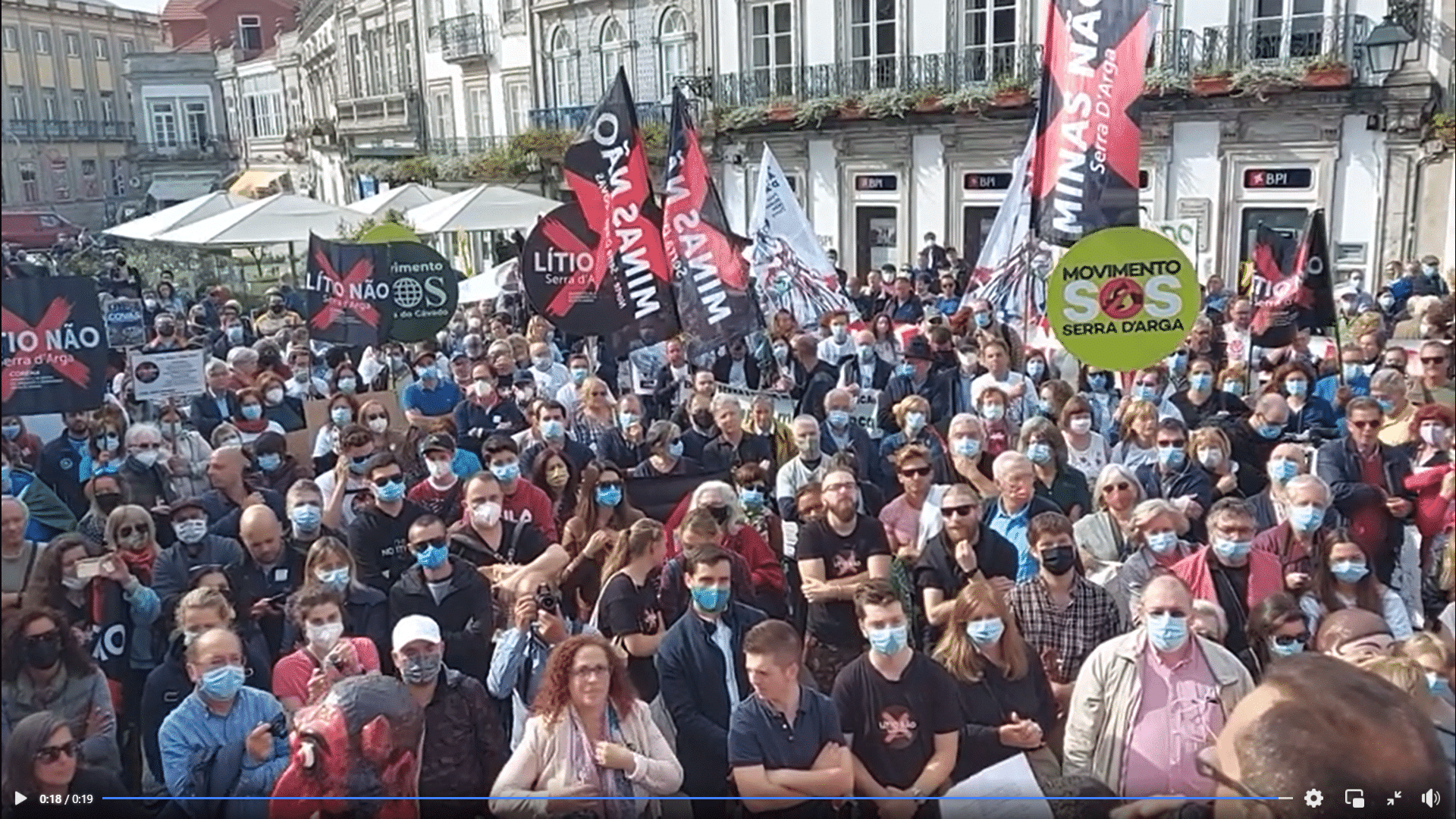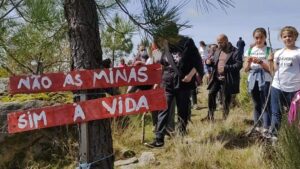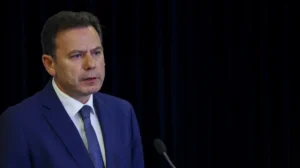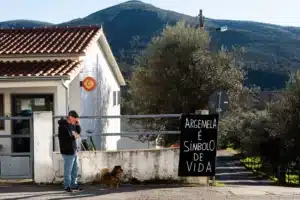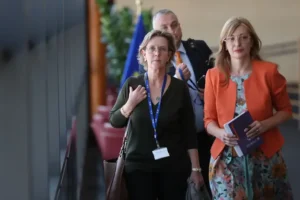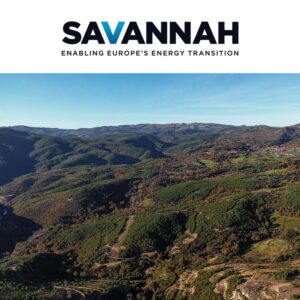ZERO accuses European Commission of ignoring serious impacts
Portugal’s environmental association ZERO has joined the pushback against Europe’s decision to fast-track mining projects in Portugal, disregarding serious environmental and social impacts.
Last week, the European Commission announced a first batch of 47 projects designated as strategic under the European Regulation on Critical Raw Materials (EMCR), in which four are located in Portugal: a copper processing and extraction project at Somincor’s Neves Corvo mine in Castro Verde and three lithium projects – Savannah Resources’ bitterly-contested Barroso mine in Boticas, Lusorecursos’ Romano mine in Montalegre, and Lift One by Lifthium Energy (of the José de Mello and Bondalti group) in Estarreja.
The two mining projects in the Vila Real district (Barroso and Romano) have already been approved by the Portuguese Environment Agency (APA): Savannah is proposing an open-cast mine for Boticas, and in Montalegre, Lusorecursos wants to proceed with a mixed operation, first open-cast and then tunnelled.
ZERO has expressed its “deep concern at the fact that this decision has been adopted not only in a context of strong opposition from the local population and local authorities, but also in circumstances in which opacity seems to be the dominant theme with the signing of five mining concession contracts “by stealth” at the end of 2024.”
ZERO realises that, in the Barroso area alone, these contracts “add 1,139 hectares to the existing concession of 542 hectares.
“This latest situation generates enormous perplexity and raises concerns about the guarantees that the current legal regime for the disclosure and exploitation of geological resources provides in terms of safeguarding the public interest, giving private initiative an undesirable preponderance, particularly concerning knowledge of existing geological values, which can easily result in transfers of rights that fuel speculation on resources,” says the association.
ZERO adds that “the current model, in which prospecting and research rights are granted to private interests at their request, diminishes the state’s role, both in promoting knowledge of strategic geological resources and in their exploitation”, insisting that “the need for a just energy transition is not being properly safeguarded”: there are growing “fears that the environmental liabilities that will remain from future exploitation could result in the potential of the affected territories being rendered unviable as a support for activities that ensure decent living conditions for local populations”.
Portugal’s lack of adequate legislation and a green industrial strategy makes it “easy prey for predatory tactics by unscrupulous companies”, the association concludes, recalling the stark reality that Portugal only recycles between 20% and 30% of electrical and electronic products – thus fails to recover important quantities of various types of critical raw material, including lithium.
The country has “no credible measures in place to significantly change this reality”, says the association.
ZERO’s statement, per se, may not overly concern European decision-makers, but it is only one prong of the overall pushback that is going on at a European level to try and protect natural values and populations’ rights and ways of life. ND
Source material: LUSA

